
What is the Difference Between Commercial and Residential Garage Doors?
The key difference between commercial and residential garage doors is their design, purpose, durability, and functionality. Residential garage doors enhance a home’s curb appeal and are usually for one or two cars. On the other hand, commercial garage doors prioritize heavy-duty performance and security and are built for industrial or high-traffic environments.
Let’s dive deeper to uncover the critical differences and why selecting the right door matters.
Design and Aesthetics
Residential garage doors are designed with style in mind, offering a wide variety of visually appealing options that enhance your home’s appearance. From sleek, modern styles to charming carriage-house designs, these doors help elevate a property’s aesthetic value.
Key Features of Residential Garage Doors:
- Custom Finishes: Choose from woodgrain textures, solid colors, or glass accents.
- Windows: Optional decorative windows to add natural light and charm.
- Architectural Match: Designed to complement various home styles like colonial, ranch, or contemporary.
Commercial garage doors, in contrast, focus on practicality and durability. Their industrial-grade construction ensures functionality over aesthetics, but this doesn’t mean they lack options entirely.
Key Features of Commercial Garage Doors:
- Utilitarian Design: Clean, straightforward lines with minimal decoration.
- Functional Panels: Glass sections for visibility or ventilation as needed.
- Heavy-Duty Materials: Built to last, even in harsh industrial environments.
Discover garage doors that match your style and performance needs at ABC Garage Doors.
Size Variations
The size of your garage door is more than just a practical consideration—it determines what vehicles and equipment you can accommodate.
Residential Garage Door Dimensions
- Standard Sizes: Typically 7–9 feet wide and 7–8 feet tall, suitable for most personal vehicles like sedans, SUVs, and small trucks.
- Double Doors: For larger garages, double-wide doors (14–18 feet) offer convenience and better access.
Commercial Garage Door Dimensions
- Larger Options: Ranges from 12–24 feet wide and up to 20 feet tall, depending on the application.
- Custom Builds: Designed to fit oversized vehicles, loading equipment, or machinery.
Choosing the correct size ensures efficiency and functionality. Contact ABC Garage Doors for expert assistance in measuring and selecting the perfect fit.
Material and Durability
The choice of material impacts everything from durability to maintenance and cost.
Residential Garage Doors: Materials for Style and Longevity
- Wood: Offers a classic, elegant look but requires regular maintenance.
- Steel: A durable, low-maintenance option that can mimic wood finishes.
- Composite: Combines the beauty of wood with the strength and weather resistance of synthetic materials.
Commercial Garage Doors: Materials for Heavy-Duty Use
- Steel or Aluminum: Built to withstand high-traffic environments and resist dents or damage.
- Special Coatings: Industrial-grade finishes protect against corrosion or harsh weather.
For advice on selecting the right material, visit ABC Garage Doors.
Usage and Traffic Levels
How often you use your garage door greatly influences its design and components.
Residential Garage Doors: Moderate Use
- Daily Operations: Open and close 2–4 times daily.
- Lifespan: Springs and openers are designed to last for years with occasional maintenance.
Commercial Garage Doors: Continuous Use
- High Traffic: Ideal for businesses with heavy vehicle movement or frequent deliveries.
- High-Cycle Components: Includes durable springs and motors engineered to handle dozens of operations daily.
If you need a door built for heavy use, explore commercial options at ABC Garage Doors.
Insulation Requirements
Energy efficiency is a growing priority for both residential and commercial garage doors, but their insulation needs differ.
Residential Garage Doors: Comfort and Efficiency
- Moderate Insulation: This keeps garages comfortable, especially for attached homes.
- Popular Choices: Polystyrene or polyurethane insulation for better thermal performance.
Commercial Garage Doors: Advanced Temperature Control
- Industrial Insulation: Vital for temperature-sensitive spaces like warehouses or refrigerated facilities.
- Energy Savings: Reduces heating and cooling costs significantly over time.
Choose an insulated door for greater comfort and savings. ABC Garage Doors offers excellent options for both homes and businesses.
Security Features
Security needs differ between residential and commercial settings.
Residential Garage Doors
- Basic Locks and Sensors: Keypad access and motion sensors protect against unauthorized entry.
- Family Safety: Integrated safety features like auto-reverse prevent accidents.
Commercial Garage Doors
- Advanced Protection: Reinforced locking systems, alarms, and access control technology.
- Asset Security: Ensures valuable equipment, inventory, or materials remain safe.
Cost Differences
Costs vary based on material, size, and additional features.
Residential Garage Doors: Affordable Options
- Price Range: $500–$2,500 depending on material and customization.
- Additional Costs: Insulation, decorative elements, or upgraded openers may increase the cost.
Commercial Garage Doors: Higher Investment
- Price Range: $1,500–$5,000 or more for heavy-duty, large-scale designs.
- Why Higher Costs? Larger sizes, reinforced materials, and advanced security features.
For competitive pricing and expert advice, request a quote from ABC Garage Doors.
Installation and Maintenance
Proper installation and regular maintenance are vital for safety and performance.
Residential Garage Doors
- Simpler Process: Installation is straightforward and takes a day for most homes.
- Maintenance: Lubricating moving parts and occasional inspections keep them in good shape.
Commercial Garage Doors
- Complex Installations: Requires professional expertise due to size and specialized components.
- Frequent Upkeep: Includes safety inspections, spring adjustments, and opener maintenance.
Trust ABC Garage Doors for seamless installation and reliable maintenance.
Compliance with Standards
Compliance with safety and industry standards is crucial.
Residential Garage Doors
- Basic Safety Requirements: Focused on ensuring family safety and reliable performance.
Commercial Garage Doors
- Stringent Regulations: Includes adherence to fire safety codes, wind-load requirements, and industry-specific standards.
Ensure compliance with professional installation from ABC Garage Doors.
Final Thoughts
Choosing the right garage door depends on understanding the distinct differences between residential and commercial options.
Whether you need a stylish, insulated door for your home or a durable, secure solution for your business, ABC Garage Doors is here to help.
Contact us today to explore our extensive range of options and enjoy expert guidance for your next project.
FAQ
Can commercial garage doors be customized?
Yes, commercial doors can include features like visibility panels, insulation, and advanced locking systems. Learn more here.
How often should garage doors be serviced?
Residential doors need yearly maintenance, while commercial doors should be serviced more frequently due to higher use. Schedule a service today.
Are insulated garage doors worth the cost?
Yes! Insulated doors improve energy efficiency, reduce noise, and enhance durability. Contact ABC Garage Doors for more information.
Table of Contents
More Blogs to Check Out!
Categories
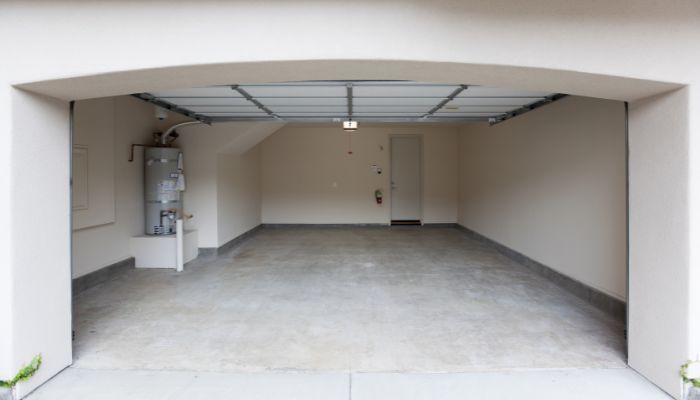
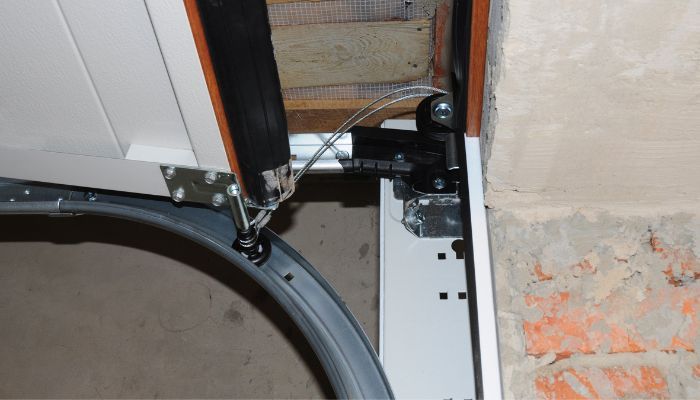

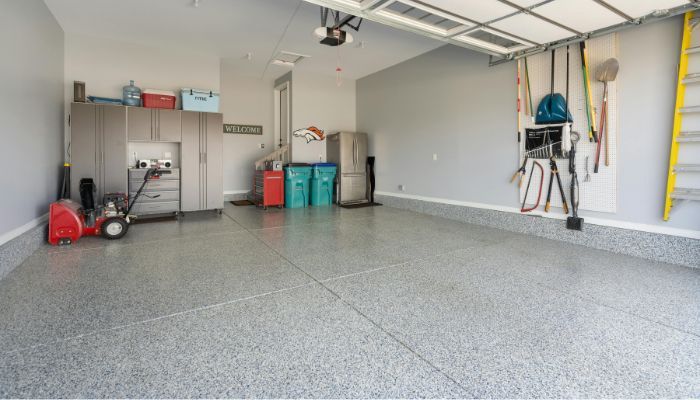
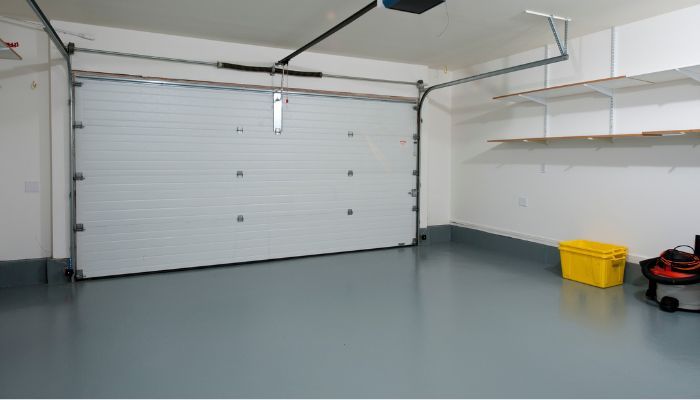



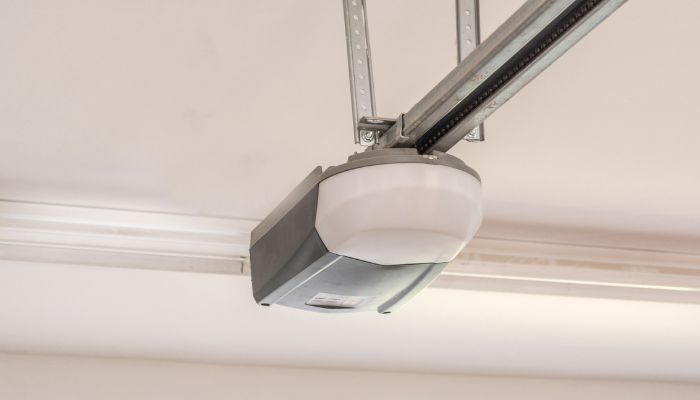

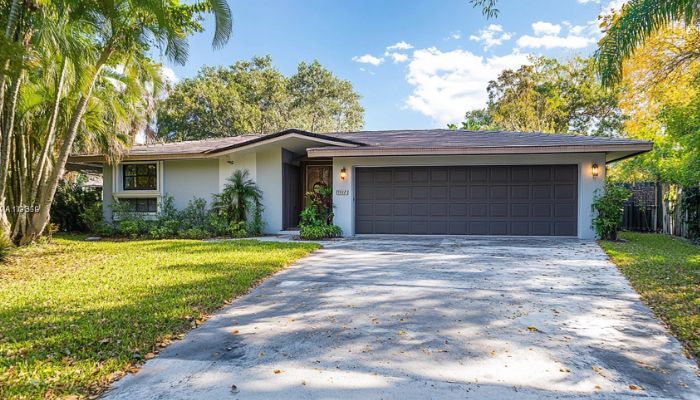

Leave a Reply